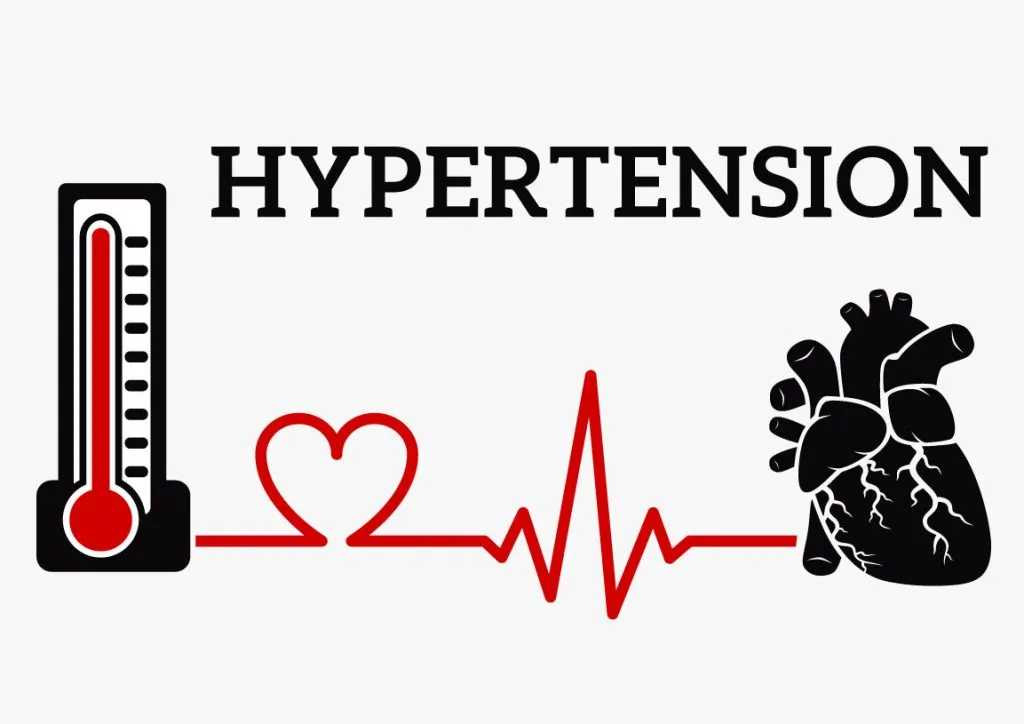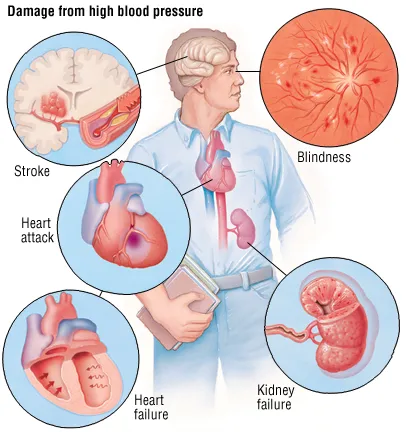The objective of this post is to raise awareness about a topic as important as high blood pressure.

What is hypertension?
It’s a disorder characterized by the elevation of blood pressure levels above the values considered normal, which increases the risk of cardiovascular events (stroke, heart attack) and target organ damage (kidney, heart and eyes).

How is hypertension diagnosed?
Blood pressure is expressed with two measures: systolic blood pressure (which is the first figure in the report) and diastolic blood pressure (the second figure). So, for example, if we say that the blood pressure is at 110/70 mmHg, 110 corresponds to the systolic pressure and 70 to the diastolic pressure.
High blood pressure, although it often does not produce symptoms (When they occur, the most common are headache, dizziness and blurred vision), is easy to detect because it is only necessary to take the blood pressure values to diagnose it.

Which are the normal blood pressure values?
Recently (Guidelines of November 2017) the American College of Cardiology, the American Heart Association and 9 other organizations established new blood pressure values, remaining as described below:
-Normal blood pressure: <120 / <80 mmHg
-Elevated blood pressure : 120-129 / <80 mmHg
-Stage 1 hypertension: 130-139 / 80-89 mmHg
-Stage 2 hypertension:> 140 /> 90 mmHg
What can I do to keep my blood pressure under control?
- Maintain a healthy diet and reduce salt intake: try to consume lean meats, chicken without skin, fruits, vegetables, dairy, grains, fish, seeds and nuts. Remember that salt contains sodium and it retains fluid, which causes an additional burden on the heart. One way to reduce your consumption is to decrease canned, packaged or pre-manufactured foods. Be careful with some very salty cheeses, seafood, pickles, soups.
- Practice regular physical activity: aerobic physical activity of moderate intensity is recommended, ideally 30 minutes a day at least 5 days a week.
- Control weight: in patients with obesity the prevalence of high blood pressure is higher. Even a small decrease in weight prevents hypertension and in those hypertensive patients the values decrease. A weight reduction of 10% causes the systolic blood pressure to fall by 5 mmHg.
- Manage stress, since it can raise the pressure temporarily thanks to certain hormones such as adrenaline and cortisol that can cause tachycardia and vasoconstriction.
- Avoid the consumption of cigarettes and excess of alcohol and coffee.
- Comply with the medications prescribed by the doctor.

You can ask any question in the comments.
